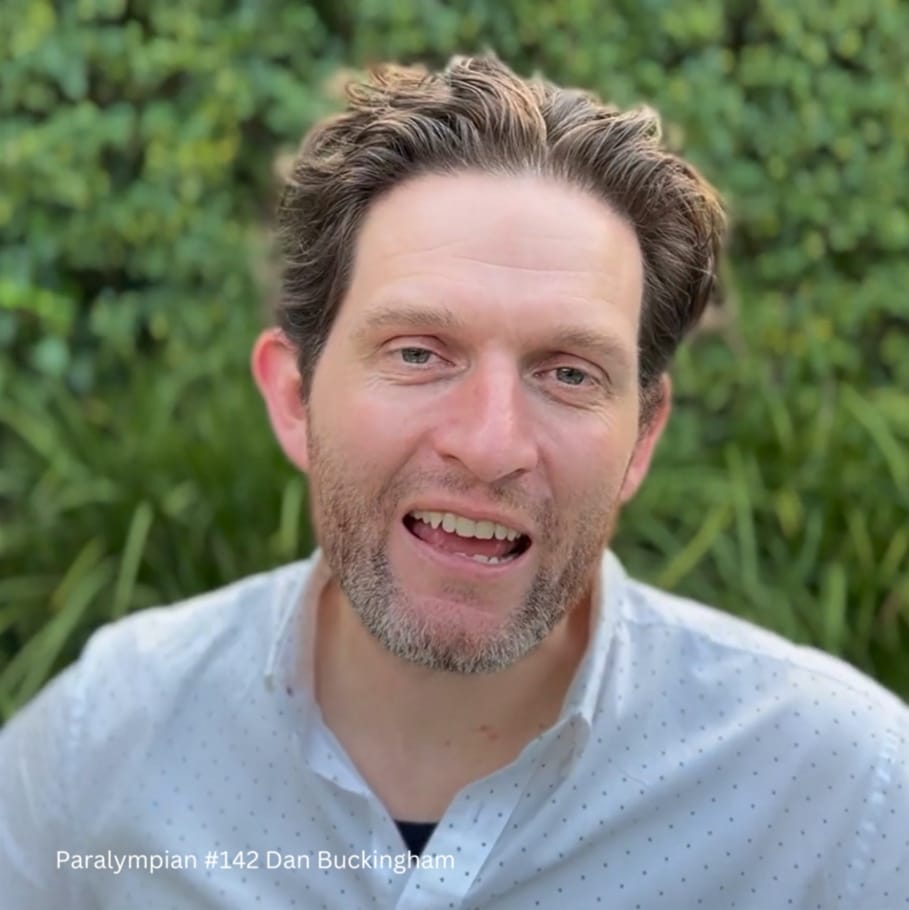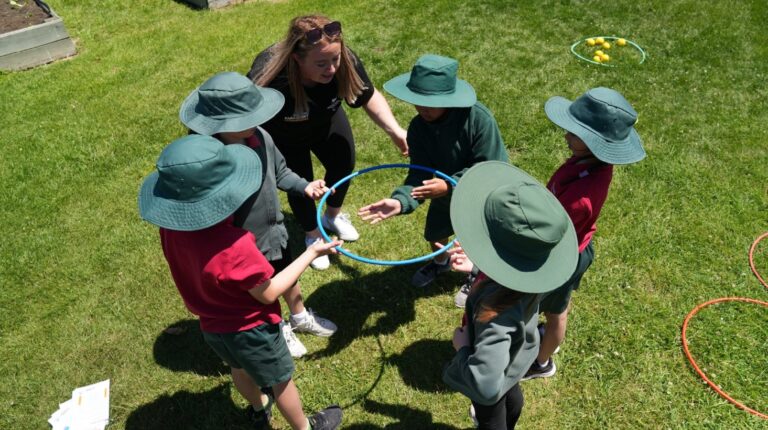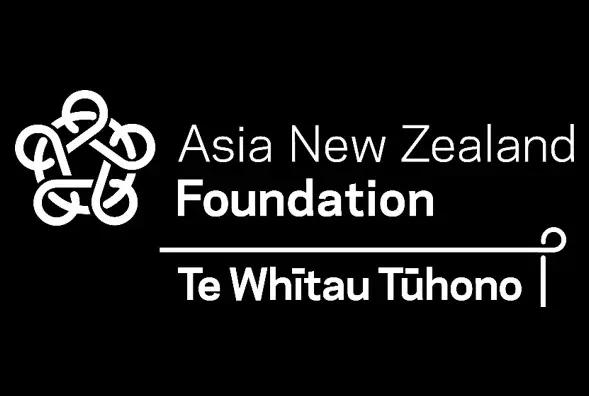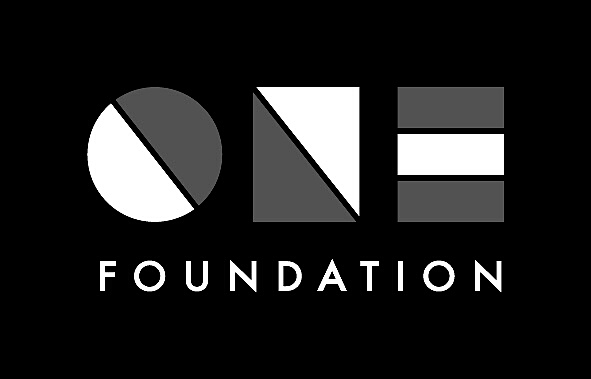55 years, 227 Paralympians, and 236 medals. A part of New Zealand history to be proud of.
It hasn’t always been easy. Paralympians have pay parity with Olympians today, but it hasn’t always been that way. And while they get more sponsorship and news coverage than they used to, we can’t wait for it to be as much as non-disabled athletes.
To understand how big a deal moving towards equity for Para athletes is, we have to go right back to the beginning.
The foundations: 1966
In 1960, the first Paralympic Games was taking place in Rome. But New Zealand didn’t have a national body for Para sport in 1960. Things were starting to happen though, and in 1966 Auckland established the first regional disability sport association – what we often call Parafeds today. Others soon followed, and in 1968, a group of Parafeds founded the organisation we know today as Paralympics New Zealand. These were the Parafeds in Auckland (Disability Sport Auckland), Dunedin/Otago (ParaFed Otago), Canterbury (Parafed Canterbury) and Wellington (dsport).
Having a national body for Para sport meant NZ could send teams to the Paralympic Games, and they did so in November of the same year – at Tel Aviv 1968.
Four medals were won, all of them by Eve Rimmer competing in Para athletics and Para swimming. It was a spectacular start to a spectacular career. Eve went on to win a total of 14 medals in 4 Paralympics – a record which was only broken 36 years later at the Rio 2016 Paralympic Games by Dame Sophie Pascoe.
New Zealand’s biggest medal hauls: the 1980s
Roll forward to the 1980s and the Paralympic Movement was established in New Zealand. That decade saw two of New Zealand’s biggest medal hauls – 19 at Arnhem 1980 and 25 at New York and Stoke Mandeville 1984.
At Arnhem 1980, another iconic New Zealander emerged. Neroli Fairhall won gold in Para archery and then went on to compete at the 1984 Olympic Games in Los Angeles. She was the first athlete in the world to compete at both the Paralympic and Olympic Games.
We also sent our first Team to the Winter Paralympics in 1980, and four years later at Innsbruck 1984, Viv Martin became our first ever Winter Paralympic medallist.
From Tel Aviv 1968 to Innsbruck 1984, NZ Paralympians had already won 50 medals!
But later that year, New Zealand would see its biggest medal haul ever at a Paralympics. At New York & Stoke Mandeville 1984, NZ Paralympians brought home a whopping 25 medals. Memorable moments included Shelley Kalivati and Robert George Courtney breaking world records in Para athletics.
Moving on to Seoul 1988, Paralympian #4 Graham Condon competed in his 6th consecutive Paralympic Games – a record that no one has yet beaten.
That was also the year when the summer Paralympic Games began to be hosted together with the Olympic Games in the same city. It was a landmark moment in recognition for Paralympians. (The same would happen for the Winter Games in 1992.)
A new level of professionalism, visibility and success: the 1990s
The 1990s would see a new level of professionalism, visibility, and success for New Zealand Paralympians.
At Barcelona 1992, Jenny Newstead in the pool and Cristeen Smith on the track would both break world records with incredible performances.
At the Lillehammer 1994 Paralympic Winter Games, Patrick Cooper won his 6th medal, making him NZ’s most decorated winter Paralympian to date.
In Atlanta 1996, New Zealand’s Wheel Blacks were one of the inaugural teams as Wheelchair rugby was played at the Paralympics for the first time. NZ also competed in three other sports for the first time: Boccia, Para sailing and Para equestrian.
Para swimmer Duane Kale won 4 golds, a silver and a bronze in the pool, the most successful medal haul of any Kiwi Paralympian to date at a single Paralympics. He would go on to become the Vice President of the International Paralympic Committee.
New faces and new sports: the 2000s
New Zealand had its Para cycling debut in Sydney 2000; our first Paralympian cyclists were Paul Jesson, and Mark Inglis, who is also known as the first double amputee to climb Everest.
In the Salt Lake City 2002 Winter Paralympics, NZ finished 10th overall in the medal table – our best ever result at a winter (or summer) Paralympics!
A 15-year-old Sophie Pascoe debuted in Beijing 2008, winning 3 golds and a silver medal. She remains New Zealand’s youngest Paralympic medallist.
At the same Paralympics, two other debutants also made history: Cameron Leslie striking gold in the pool and breaking a world record, and Paula Tesoriero doing the same in Para cycling.
A golden era: the 2010s
The 2010s were a golden era for New Zealand Paralympians. We saw Cameron Leslie and Dame Sophie Pascoe go from strength to strength in the pool. We saw the debuts of well-known names like Nikita Howarth, Mary Fisher, Phillippa Gray and Holly Robinson – all would go on to win gold for New Zealand.
In London 2012, the NZ Paralympic Team, which had been mostly men up to that point, achieved gender equity for the first time with 12 women and 12 men. New Zealand was victorious, finishing 1st in world for medals per capita.
In Rio 2016, NZ doubled down on the success in London, finishing 1st in the world for medals per capita again. Scott Martlew was the first New Zealander to compete in Para canoe, adding another great sport to the Team’s many talents.
Then in the Sochi 2014 Winter Paralympics, Carl Murphy became New Zealand’s first Paralympic snowboarder!
Meanwhile back in New Zealand, in 2018, after a decade-long fight, Paralympians started to get equal funding grants as Olympians for their performances. It was a landmark victory for the Paralympic Movement.
New challenges: the 2000s
And then came 2020. The outbreak of COVID, the postponement of Tokyo 2020, and lockdowns which prevented training created some of their toughest challenges yet for Paralympians and Paralympics New Zealand. Logistically demanding and emotionally draining, Tokyo 2020 was nonetheless a successful Paralympics for New Zealand, with Paralympians carrying 12 medals back to MIQ in New Zealand.
The Beijing 2022 Paralympic Winter Games happened just six months later, still under COVID restrictions. Despite an unsettled start with Russia invading Ukraine just days before the Opening Ceremony, New Zealand Paralympians brought home 4 medals – the biggest Winter Paralympics medal haul in 20 years.
55 years of support from New Zealanders
Over the past 55 years, New Zealand Paralympians have achieved so much. But they couldn’t have done it without the support of New Zealanders. Our history is New Zealand’s history.
What’s next? There’s still a long way to go. Many Kiwis can name several Olympians, but we want Paralympians to be just as well-known. We want every disabled child to be able to compete in all sports.
And wouldn’t it be amazing if we watched as much Paralympic sport as we watch Olympic sport? 24% of us in NZ are disabled, but we don’t watch many disabled athletes on TV.
The Paris 2024 Paralympic Games start next August, so let’s show our Para athletes how much we support them. How can someone show their support? Join the official supporters club of course!
Check out our video of ten of the best moments from the past 55 years!











































